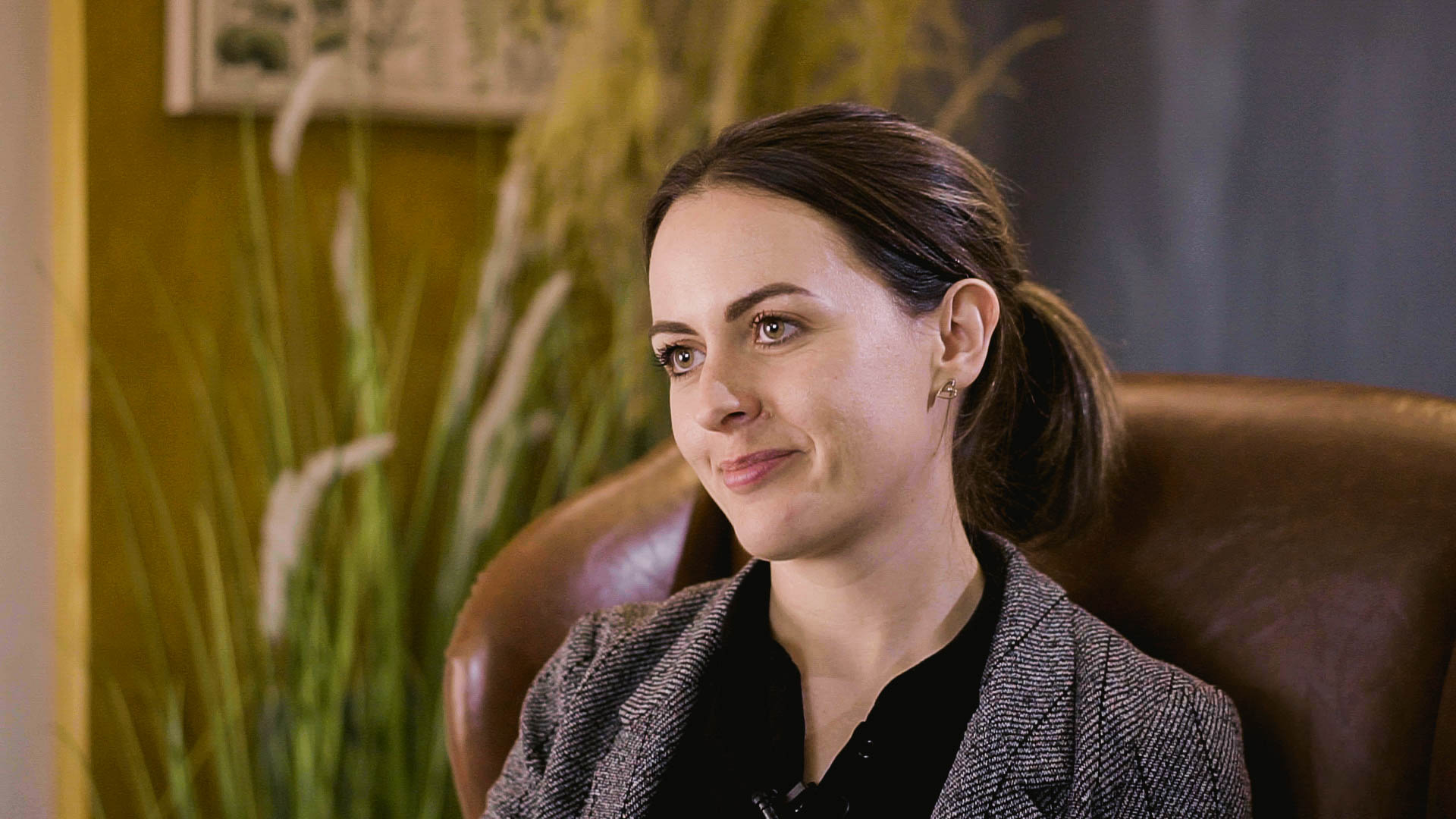‘An excellent reputation...’
Mental Health Awareness Week

In Line with this years theme on 'Anxiety' for mental health awareness week, our excellent mental health nurse expert witness, Alex Penfold, shares some of her most common methods of supporting a patient suffering with anxiety...
The different experiences of anxiety span across a broad spectrum in terms of severity and impact upon a person’s functioning. It is important to recognise that anxiety is a normal human emotion. It does not necessarily mean that the person has a mental illness, and many of us will experience anxiety to varied extents at some stages in our lives. Although there are many cases where the experience can be extremely debilitating and seriously impact a person’s ability to function in their daily lives.
There is a wealth of information on the internet about anxiety disorders, symptoms, causes, and treatment options ranging from chamomile tea to antidepressant medications. Instead of regurgitating information so readily available, I thought I would write about my most common methods of supporting a patient suffering with anxiety.
In my clinical practice when helping someone overwhelmed with anxiety, I suggest to patients that the first step is to try to gain some understanding and awareness of the experience. Imagine that you need to “get to know” your anxiety – when is it more severe? When is it less obvious? What are the triggers? Some people may find it helpful to keep a diary to track their anxiety levels. Getting to know your anxiety means that you start to increase your self-awareness.
It also helps to normalise anxiety and understand why we need to feel anxious to survive. I like to teach patients about the “cave man” response. Our brains haven’t changed much from the brains of our ancestors who faced the potentially fatal attack of wild animals. When faced with a threat, the brain activates an internal alarm system which triggers a physical response designed to help humans attack or run. This is why anxiety is such a physical experience and causes so much discomfort, we may experience a sudden urge to visit the bathroom, sweaty palms, increased heart rate, rapid breathing, or nausea. Our bodies are preparing us for “fight or flight” however it is less appropriate to attack or to run in the opposite direction in our present world, yet we still experience the “cave man” response without the threat of a wild animal! So, we are left with the physical symptoms of anxiety and can feel trapped.
As well as the physical symptoms of anxiety, the anxious mind will often spin a narrative of anxiety-induced cognitions, which only serve to intensify the emotion. For example, we may catastrophise our thinking, view a situation with “black and white” thinking, focus only on the negatives or believe we are to blame for the situation. These are known as “unhelpful thinking styles”.
As a person increases their self-awareness of the anxiety, they can start to put these “unhelpful thinking styles” on trial. For example, it may help to consider what evidence there exists that the worry will come to fruition. If it seems possible that the “worst case scenario” will happen, then think of how you will manage it. Or it may help to think of what other possible outcomes there are to a situation and what you may say to a friend experiencing the same thing. It is also important to prioritise self-care such as getting enough sleep, eating healthily, exercising, and learning a technique such as mindfulness.
Of course, all these approaches are easier said than done when in a state of anxiety and it may be necessary to seek the guidance of a counsellor or therapist. Cognitive Behavioural Therapy (CBT) is an evidence-based approach for anxiety, available through the NHS, and seeks to change the way a person thinks or behaves to reduce symptoms of anxiety.
For anyone suffering from anxiety it is important to know that they are not alone. Nobody needs to suffer in silence.
You can find more information on anxiety and where to get help at:
www.nhs.uk and search for “anxiety”
For anyone feeling like their anxiety disorder is leading them to experience suicidal thoughts please contact the Samaritans on 112 163.
Alex is available for liability case instructions. To learn more about her areas of specialism click here

Comments